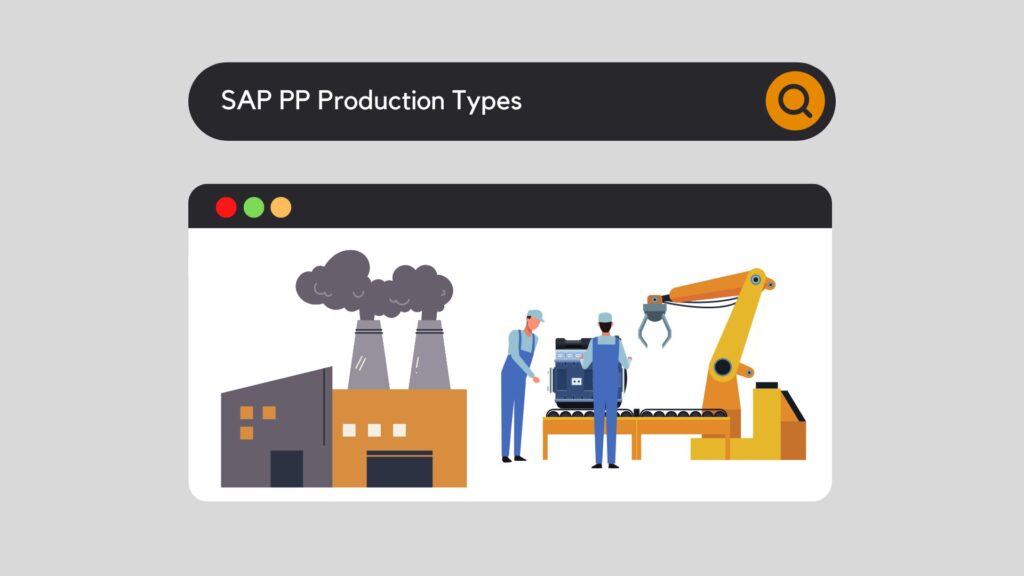
First of all, when implementing SAP PP Production Planning within a company, one of the first decisions to be made is which type of production will be used. Indeed, the type of production can vary according to several parameters: frequency production, complexity or stability. So, depending on the company's field of activity, it may be wiser to use one type of production rather than another. This article describes the three SAP PP Production Types available to meet the needs of manufacturing plants.
Introduction
Manufacturing processes differ from company to company. As explained above, there are many factors to consider. And SAP understands this. That's why they have defined three types of production, to best meet specific customer needs.
The three types of production are as follows: Discrete, Process & Repetitive Manufacturing. Each type of production has its own specific features.
Definition
First, let's take a look at the three types of production and define them briefly.
Discrete Manufacturing
First of all, Discrete Manufacturing SAP PP is a type of production that involves the manufacture of individual items or separate units, rather than a continuous flow of products. This type of production often involves the transformation of raw materials, sub-assemblies or components into finished products through various production processes, such as assembly, machining, painting, testing, etc.
Process Manufacturing
Secondly, process manufacturing in SAP PP is a type of manufacturing that involves the continuous production of products through a series of chemical or physical processes. This type of manufacturing is commonly used in sectors such as food and beverages, pharmaceuticals, chemicals and petrochemicals, among others.
Repetitive Manufacturing
Finally, repetitive manufacturing in SAP PP is a type of manufacturing that involves producing identical products in large quantities on a regular basis. This type of manufacturing is commonly used in sectors such as automotive, electronics and consumer goods, among others.
Which SAP PP Production Type to use?
Choosing the right production type in SAP PP is essential for optimizing your industrial processes. Here are a few points to consider.
The choice of SAP PP production type depends on resources, company size and market specifics. So it's crucial to understand your needs before making a choice.
Finally, don't forget that SAP PP is a flexible tool that can be adapted to different production configurations. SAP PP can improve the efficiency and profitability of your production, whatever type you choose.
Case study
To better understand the application of production types in the SAP PP module, there's nothing like real-life examples. This chapter illustrates how three fictitious companies choose and use a specific production type to optimize their production. Each type of production has specific characteristics and advantages, whether it's luxury cars, smartphones or medicines. Let's find out how these companies leverage the capabilities of the SAP PP module to meet their specific needs.
First of all, XYZ Automobiles is a company that produces luxury cars. Each vehicle has customized features such as engine, color and interior design, making it unique. Manufacturers build cars to order rather than mass-producing them.
In this case, XYZ Automobiles uses Discrete Manufacturing.
For each order, a separate bill of materials (BOM) and routing are created, specifying the components and operations for each car. Production costs are calculated for each order, ensuring precise cost traceability.
Secondly, ABC Electronics is a company that produces a popular model of smartphone. The company produces the phone model in large quantities, with no major variations between units.
In this case, ABC Electronics uses Repetitive Manufacturing. They have a production version for the smartphone model that details the materials required and the production steps. The company calculates the cost of production over a given period (for example, monthly), rather than for each unit. This ensures fast, efficient production to meet high market demand.
Finally, 123 Pharmaceuticals is a company that produces medicines. The production of these drugs involves a series of chemical processes, including the mixing of various ingredients in precise proportions, heating and cooling to specific temperatures, and other processes.
In this case, 123 Pharmaceuticals uses Process Manufacturing. They use a recipe that details the materials required and the steps in the production process. Production costs are generally calculated on the basis of the quantity of finished product. This ensures accurate and compliant production, which is essential in the pharmaceutical industry where precision is vital for patient safety.
Data used in each SAP PP Production Type
In SAP PP, each type of production uses master data. Master information in SAP is stable and used for various transactions and processes.
Discrete Manufacturing
Repetitive Manufacturing
Process Manufacturing
Conclusion
Finally, in the modern industrial landscape, production planning is more essential than ever. Companies need powerful, flexible tools to manage their production, and SAP PP is one of the best.
SAP PP offers a type of production tailored to your needs, whatever your industry.
We have explored the three types of production offered by SAP PP: Discrete Manufacturing, Repetitive Manufacturing and Process Manufacturing. Indeed, each of these tools has its own advantages and is suited to specific production situations. The choice of production type depends on factors such as products, volume, resources and so on.
However, it's important to note that the successful implementation of SAP PP also depends on the training and skills of your team. As such, we offer a range of SAP PP training courses to suit all levels. Whether you're a beginner or an experienced professional, we've got the right training for you.
In conclusion, any company looking to optimize its production operations should consider the SAP PP module as an essential tool. Understand the different types of production and choose the one that improves your efficiency and profitability.
Would you like unlimited access to our entire SAP training library? Test our training platform free of charge for a 7-day trial period.

Pierre Balbinot
SAP functional consultant, EAM (Enterprise Asset Management) and PP (Production Planning) expert.

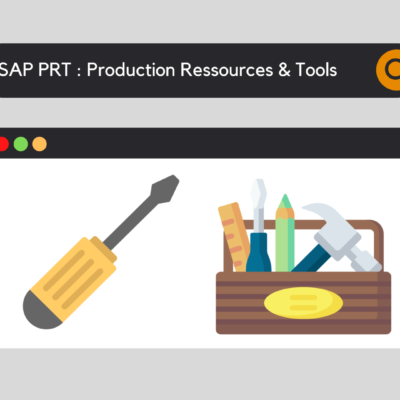

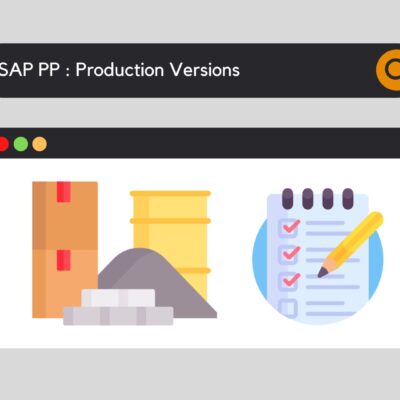
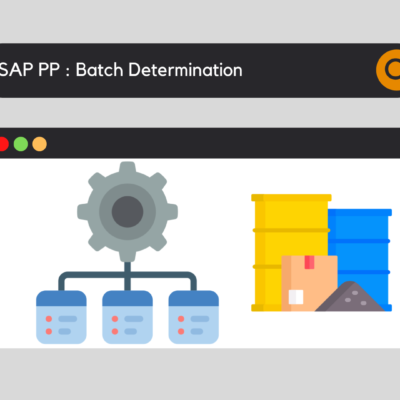


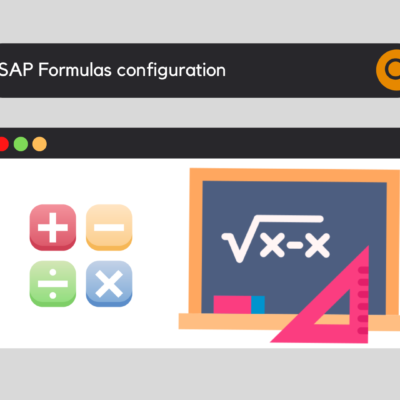
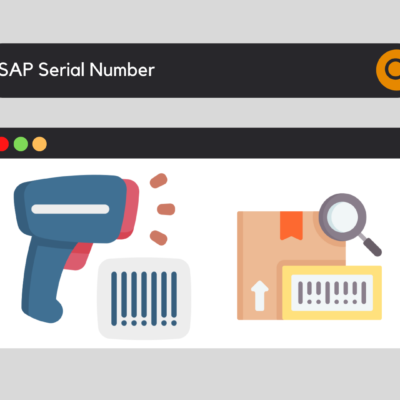
Leave a Reply